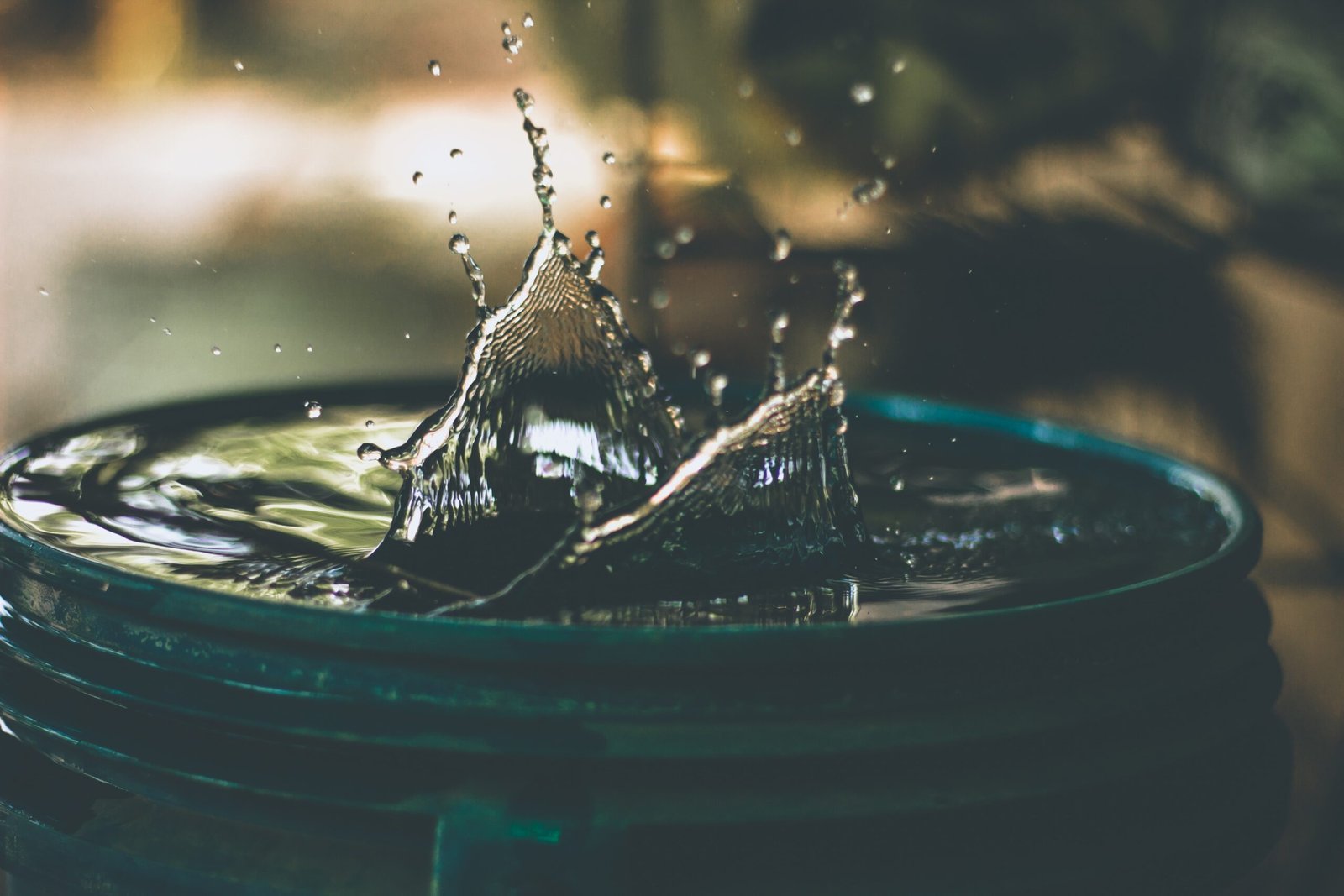Access to safe drinking water is a fundamental human right, yet millions of people around the world still lack access to clean and potable water sources. Moreover, water pollution and scarcity are growing global concerns. In this SEO-friendly article, we will explore sustainable water purification solutions that address these challenges and ensure safe drinking water for all.
- Importance of Clean Water
Clean water is essential for human health, as contaminated water can lead to a range of waterborne diseases. Access to safe drinking water is critical for preventing illness, promoting hygiene, and supporting overall well-being.
- The Challenge of Water Pollution
Water pollution is a significant threat to clean water sources. Industrial discharge, agricultural runoff, and improper waste disposal can contaminate rivers, lakes, and groundwater. Pollution poses a severe health risk and requires effective purification methods.
- Sustainable Water Purification Solutions
a. Filtration Systems: Advanced filtration systems, such as activated carbon and membrane filtration, can remove contaminants, including chemicals, bacteria, and microorganisms, from water sources.
b. UV Disinfection: Ultraviolet (UV) disinfection is an environmentally friendly method that uses UV light to kill harmful microorganisms and pathogens without the use of chemicals.
c. Desalination: In regions facing water scarcity, desalination processes can convert seawater into fresh water, providing a sustainable source of drinking water.
d. Rainwater Harvesting: Collecting rainwater from rooftops and other surfaces can provide a natural and sustainable source of clean water for domestic use.
e. Green Infrastructure: Implementing green infrastructure practices, such as constructed wetlands and vegetated swales, can help naturally filter and purify stormwater runoff before it enters water bodies.
- Community Engagement
Engaging local communities in water purification initiatives is crucial for long-term sustainability. Community-driven projects empower residents to take ownership of their water sources, ensuring that purification solutions are maintained and used correctly.
- Education and Awareness
Public education and awareness campaigns are essential for promoting the importance of clean water and encouraging responsible water use. Raising awareness about pollution prevention and sustainable water management practices can lead to more significant positive impacts.
- Government and Policy Support
Governments play a vital role in implementing regulations and policies that protect water sources and ensure access to safe drinking water for all citizens. Support for sustainable water purification technologies and infrastructure is essential.
- Global Collaboration
Addressing the global water crisis requires international cooperation. Collaborative efforts among governments, non-governmental organizations, and international agencies can help develop and implement sustainable solutions on a global scale.
Conclusion
Sustainable water purification is a pressing global issue that affects public health, environmental sustainability, and economic development. By embracing advanced purification technologies, engaging communities, promoting education, and advocating for sound policies, we can work towards ensuring safe and clean drinking water for everyone. Sustainable water purification solutions not only protect human health but also preserve our planet’s most precious resource for generations to come.




































